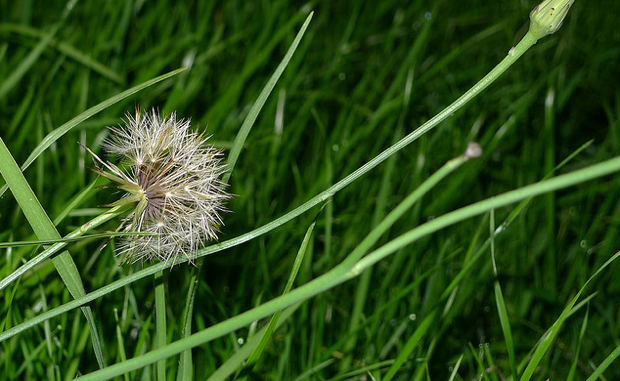Monsanto-Resistant Weeds Take Root, Raising Food Prices - 7/20/2011
Monsanto-Resistant Weeds Take Root, Raising Food Prices
BY Michael J. CorenWed Jul 20, 2011
For decades, farmers had it relatively easy when it came to weeds infesting their soil: apply herbicides, wait for the weeds to die and grow more crops. Those salad days, alas, are coming to an end.
A new series of studies released by Weed Science this month finds at least 21 weed species have become resistant to the popular herbicide glyphosate (sold as Monsanto's Roundup), and a growing number survive multiple herbicides, so-called "super-weeds." The same selection pressure creating bacteria resistant to multiple antibiotics is leading to the rapid evolution of plants that survive modern herbicides. If the trend continues, yields could drop and food costs climb as weeds grow more difficult to uproot.
“The herbicide resistance issue is becoming serious,” said journal editor, William K. Vencill, in a recent statement. “It is spreading out beyond where weed scientists have seen it before.” More than 11 million acres, up from just 2.4 million in 2007, are now infested with Roundup-resistant varieties. The herbicide, a relatively low-impact chemical since it biodegrades quickly, has ranked among the most popular for farmers since Monsanto introduced its genetically engineered Roundup Ready crops that are unaffected by the chemical, accounting for about 90 percent of the soybeans and 70 percent of the corn and cotton grown in the United States.
Even more worrisome is the steep (and unabated) climb in the number of weeds resistant to multiple types of herbicides. Super-strains of plants like pigweed--which grows three inches a day and is tough enough to damage farm machinery--have emerged, which may dramatically reduce the options for farmers to control them. The alternatives are usually more dangerous chemicals or plowing and mulching fields, undermining many of the environmental benefits biotech crops are supposed to offer. It's "the single largest threat to production agriculture that we have ev...,” claims Andrew Wargo III, president of the Arkansas Association of Conservation Districts.
Monsanto, which once allegedly led farmers to believe its Roundup Ready crops would not cause weed resistance, has since come around to evidence and is now talking about prevention by diversifying chemical applications and crop rotation.
But the strategy may not buy enough time to develop effective and affordable alternatives. Early attempts, such as DuPont's newly approved herbicide Imprelis, are proving complicated, according to a recent article in the New York Times. Thought to be an environmentally friendly herbicide, it is now the leading suspect in the death of Norway spruces, eastern white pine, and other trees around the country.
Tags:
Replies to This Discussion
"Destroying the New World Order"
THANK YOU FOR SUPPORTING THE SITE!
Latest Activity
- Top News
- ·
- Everything
I, Pet Goat VI by - Seymour Studios | I, Pet Goat 6
Official Trailer NOVA '78 directed by Aaron Brookner and Rodrigo Areias
Peter Sellers - The Party (opening scene)
Disgraced Former CNN Anchor Don Lemon Arrested
Our Crazy Modern World
© 2026 Created by truth.
Powered by
![]()